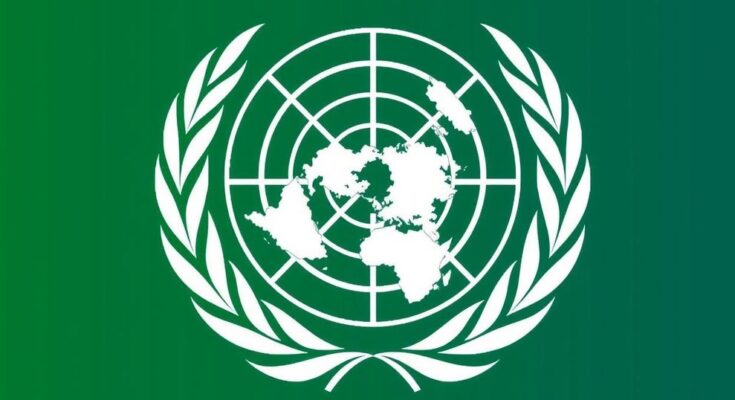The UN Human Rights Committee reviewed Pakistan’s human rights obligations on October 17, highlighting critical issues such as enforced disappearances, political repression, and gender inequality. While the Pakistani delegation claimed progress, concerns about the effectiveness of reforms and the sincerity of commitments persisted. The session demonstrated the importance of constructive dialogue to inspire real change and uphold international human rights standards.
On October 17, the UN Human Rights Committee convened in Geneva for its 142nd session to evaluate Pakistan’s human rights situation. A small group of students, including myself, attended the session thanks to our professor Hélène Tigroudja, a UN expert. The Committee’s mission is to ensure that signatory nations to the International Covenant of Civil and Political Rights (ICCPR) not only commit to these rights but also implement them effectively in practice. Held at the stunning Palais Wilson, the session featured a three-hour discussion between the Committee and the Pakistani representatives. The debate revealed alarming issues, including the government’s failure to prosecute human rights violations, rising political repression, and the brazen use of blasphemy laws leading to extrajudicial killings. Systematic enforced disappearances and deteriorating judicial protections were also major concerns voiced by the Committee. The Committee quickly delved into pointed inquiries, aiming for thorough understanding rather than mere condemnation. For instance, concerns were raised about the gender imbalance in the delegation and widespread domestic violence. They pressed for clarity on how Pakistanic courts applied international law’s remedies, questioned the death penalty’s compatibility with ICCPR, and demanded safeguards against abuse of anti-terror laws targeting minorities. After a break, the Pakistani delegation, led by Punjab Assembly Speaker Malik Khan, responded, citing constitutional provisions and promising improvements in legal frameworks for domestic violence and gender rights. However, while acknowledging some positive strides, they neglected the nuances of the laws that allow discretion in protecting women. The delegation painted a picture of progress but acknowledged the vast work that still lay ahead in achieving real change. The discussion on enforced disappearances yielded mixed responses. While Pakistan offered to maintain cooperation with UN bodies addressing this issue, they contradicted themselves by suggesting that many recent disappearances were not genuine cases. This dissonance sparked skepticism about their commitment to addressing the issue effectively. Pakistan emphasized its National Committee of Human Rights, claiming it addresses complaints of abuse and violence. However, Committee members critiqued its autonomy and effectiveness, highlighting a lack of independence from the state system. As discussions drew to a close, it became evident that while dialogue is essential for progress, effectiveness remains key. Even with the Pakistani delegation’s apparent intentions for reform, the lack of authentic oversight and substantial data leaves one questioning the depth of their commitments. The concerns over “fake” disappearances echoed throughout, reinforcing a perception of potential insincerity. Ultimately, while the ICCPR binds Pakistan to uphold these rights, the true test lies in translating legal commitments into tangible changes for those suffering from human rights abuses.
The UN Human Rights Committee serves as a global watchdog, ensuring countries adhere to the rights stipulated under the ICCPR. This session was particularly focused on Pakistan’s recent human rights violations, with escalating scrutiny on issues like enforced disappearances, political repression, and gender-based violence. The dialogue between the Committee and Pakistan aimed to bridge gaps and foster collaboration, spotlighting the urgent need for genuine reforms and accountability in upholding human rights.
The session underscored the complexities of human rights advocacy, where mere dialogue does not equate to effective action. The UN Committee’s approach of seeking cooperation and transparency is commendable, yet it is critical for Pakistan to substantiate its claims of reform with real, measurable outcomes. The journey toward genuine human rights protection requires transparency, accountability, and a steadfast commitment to uphold the rights of all individuals, particularly the most vulnerable.
Original Source: www.jurist.org



